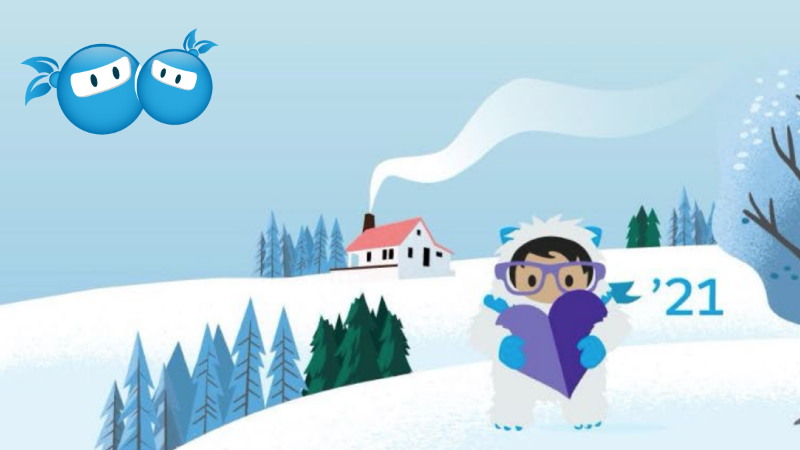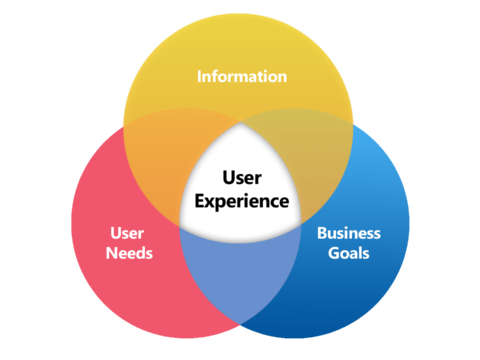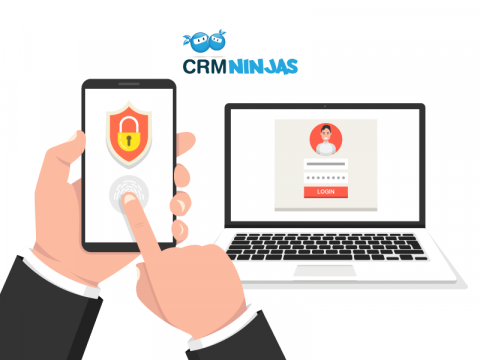
Salesforce Winter ’21 Release: Best New Features
October 27, 2020
Salesforce Spring ’21: Best New Features
January 20, 2021Businesses are facing a major skills gap for customer relationship management (CRM) software tools. Forbes published an article outlining the problem businesses are enduring. Not long ago, businesses faced a similar challenge for software development. There was a scramble by educational institutions, private organizations, and businesses to help fill that gap. Today, the same must happen for tools like Salesforce.
Salesforce is more than just a customer relationship management tool, it’s the future for managing your business. These types of programs are leaders in digital transformation in a data driven world for businesses.
Salesforce is the top CRM package in business today. It’s a customizable customer experience platform and helps different parts of a business collaborate from a single source of truth. Most of the business workforce, people changing jobs and new graduates alike don’t have a good working knowledge of the platform.
Like software development, platforms such as Salesforce are no longer siloed in a single function of a company. “Sales” might be in the name, but Salesforce is everybody’s business now.
- Executives use Salesforce to monitor the growth of their business
- Marketing team use Salesforce to attract and cultivate prospects
- Sales uses it to nurture customers and close deals
- Support teams use Salesforce to drive customer satisfaction
- Customer success now uses it to track issues, provide fixes and help customers to renew
Nearly every function in your company requires a competent level of Salesforce knowledge and experience.
Unfortunately, this doesn’t align with most employees’ practical understanding of the modern CRM. The skills required to analyze data, configure user experiences, and automate processes is a very specialized skill set.
These issues are working against companies to adopt digital transformation.
The Skills Gap for Managing Customer Relationships
- Current employees have insufficient CRM understanding to manage the Salesforce ecosystem effectively
- Prospective employees have concentrated skills that apply to a role but no practical knowledge of how to work inside the Salesforce ecosystem as it relates to that role
- Education systems need to acknowledge how relationship management connects to every skill set and build a foundation for students on every track to apply CRM concepts
Much like the software development skills gap dilemma, we need to tackle the problem in many of the same ways from improving the skills of current employees to retraining the workforce to improving academics in secondary education.
Train Your Current Employees
Obviously, the people working for you now need to improve their skills beyond data entry to make the most of your CRM. From masterclasses that hone the skills of your experts to bootcamps that level the field for less-immersed employees, you have options to retrain your staff not just in using the software but how to follow the organizational structure of Salesforce to succeed.
Just as with software development, practical application requires most marketing, communications, sales and other non-technical roles to gain skills on the job or through company-wide training so that a limited group of experts is no longer an impediment to delivery. This means bridging across traditional silos in your company to focus on the customer’s journey instead of internal practices.
The same can be said for relationship management and specifically Salesforce knowledge. Salesforce is more than “just a sales tool,” and without everyone in the company working together within it, it’s an incomplete tool. Look at the complexity of your work and how difficult it might be to teach a group of Salesforce experts to do what your other experts do. Instead of trying to teach a few people to it all, make sure everyone at your company becomes somewhat of an expert at using the CRM instead.
Once you know who you’re going to train at each level of your ecosystem (think administrators, developers, consultants), decide how you want to train them. Salesforce itself offers several training paths through their Trailhead initiatives. Individuals can find free basic instruction online, and for a fee they can pursue certifications. To teach your entire company, consider the myTrailhead path. This is a customized program for your business that encourages buy-in at every level and institutes a lexicon and workflow tailored to your challenges.
Outside of Salesforce’s training, choose from any number of companies that offer Salesforce education. Here is a list of resources:
Retraining the Workforce
Whether someone has been laid off, actively searching for new job opportunities or considering career changes, this is a great opportunity to renew or update skill sets around modern CRMs such as Salesforce. The ever growing reach of the platform is going to mean anyone in the near future will need to have some experience.
This means people need to have access to opportunities to develop their skill sets. As mentioned before the resources from LinkedIn, Udemy, Lynda and Deloitte are good tools. But there needs to be more opportunities. Taking a few cues from the software development world bootcamps, immersive lessons, or other short-term real world training applications can be developed. There are some interesting franchising models or businesses that can be developed to address this opportunity. General Assembly, Hack Reactor and Hack Reactor are great examples of bootcamps that sprung up to help create opportunities for people to learn software development.
Vocational schools, master classes and community-based adult learning all could benefit from adding CRM training to their course offerings. The Small Business Association and employment services alike can bridge an education plan to retrain people.
Salesforce and other CRMs have evolved into being business management software. Now, people currently in the workforce or transitioning need to be able to develop skills to understand how to fully utilize it.
The Education Gap for Managing Customer Relationships
Colleges and universities can also do a better job of updating their curriculum with programs like Salesforce. They made significant changes to curriculum integrating software development. Graphic designers, data scientists and finance majors learn software development programs as part of their course requirements.
Collegiate curriculums can demonstrate how Salesforce’s customer data analytics, personalization and applications creates an integrated business. Engineers can learn how to gather insights on what to create and deliver next. Designers can learn how to craft visuals that engage viewers. Management courses can teach with a tool they will be using at work.
A paradigm shift needs to happen to help elevate experience with programs such as Salesforce and accelerate digital transformation.
CRMNinjas provides managed services for sales cloud and service cloud by certified professionals. We love to write about Salesforce and the impact it is making on the world around us.
Contact us today to learn more about our managed services for Salesforce for a flat fee or monthly subscription.




